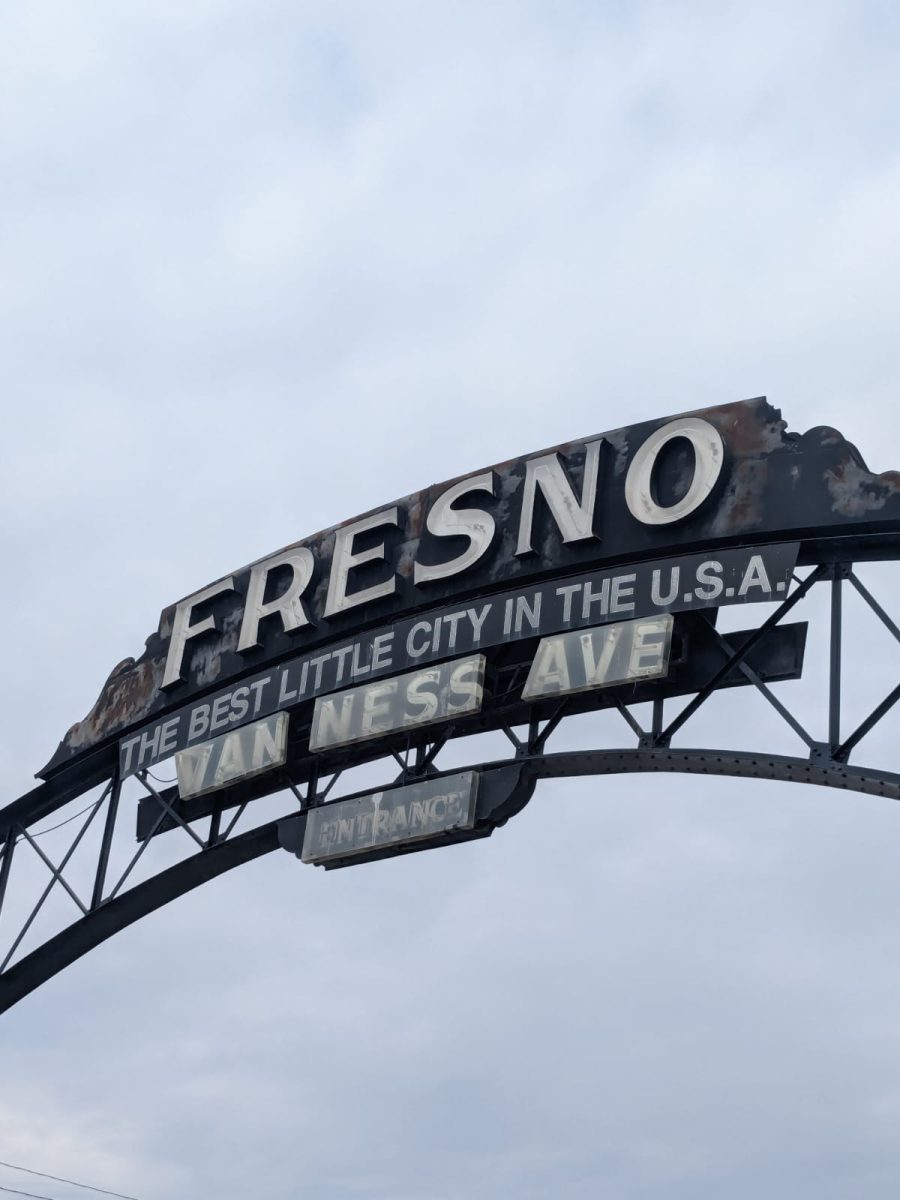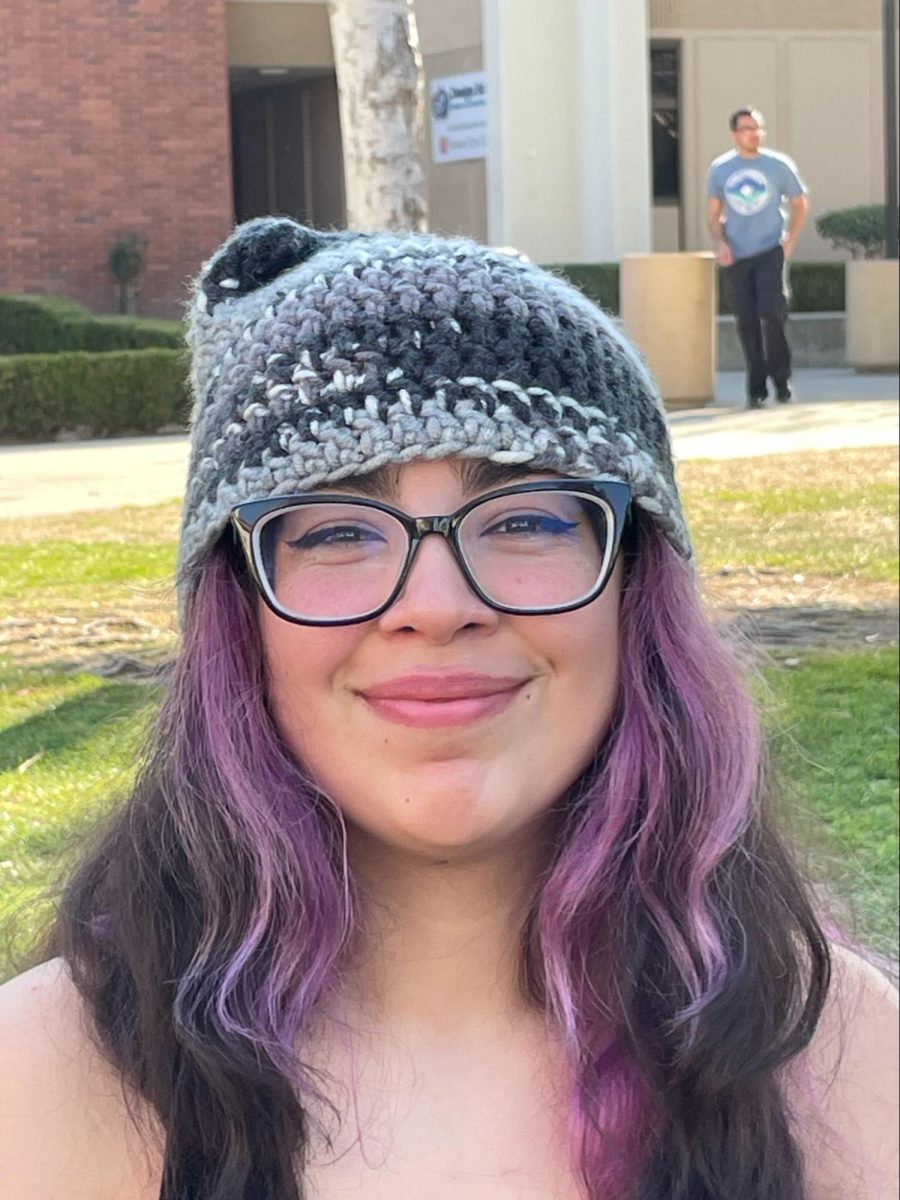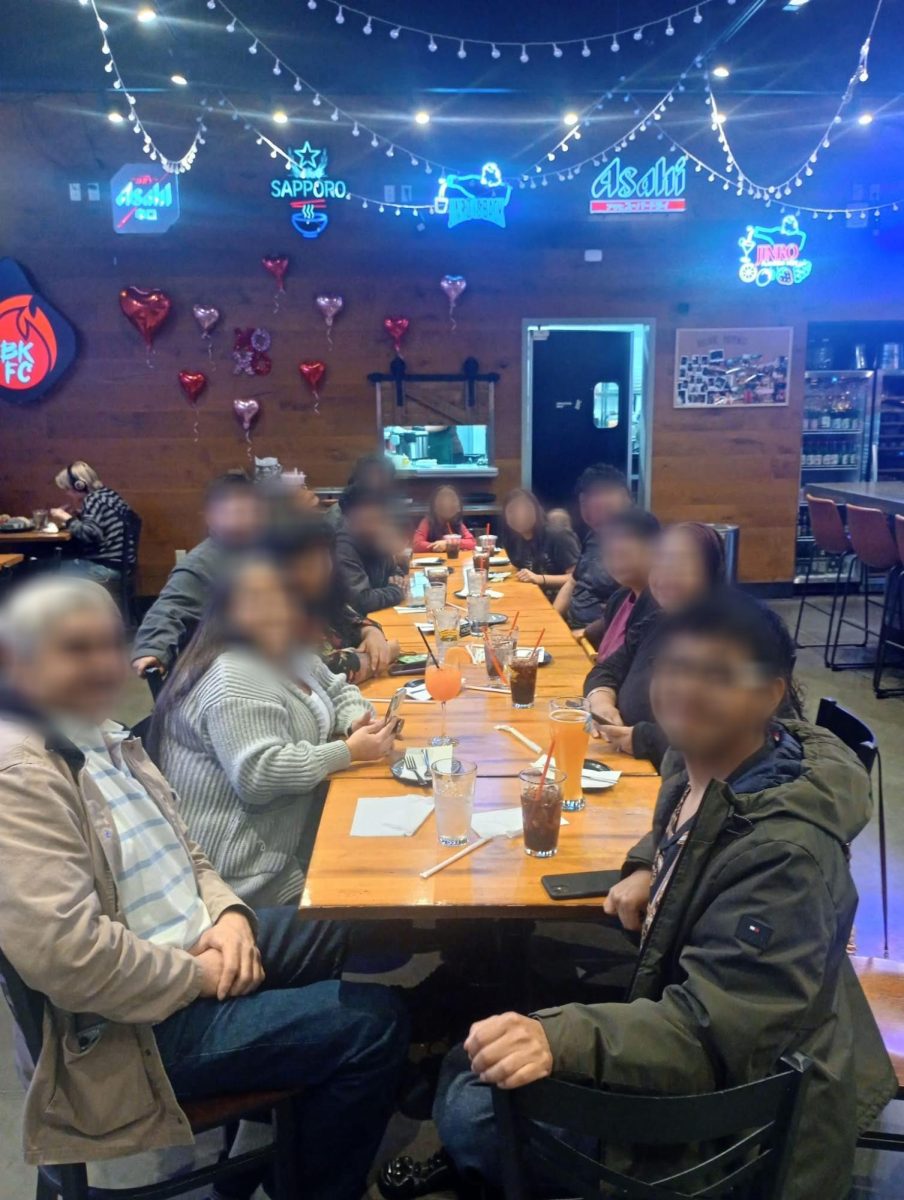In Chapter 12 of “The Gospel of Mark,” Jesus is questioned by a group of religious elders as to what God’s greatest commandment is. Without hesitation, he gives them this simple answer.
“You shall love the Lord your God with all your heart, all your soul, all your strength, and all your mind.” The second is this, “You shall love your neighbor as yourself.” (Mark 12:30-31).
While most Christians are quick to use this verse and try to live by it. That is, of course, until the question of gays comes into play. When this issue is brought up, leaders of faith such as Pat Robertson quickly put aside their loving nature and put on a cold and vindictive tone as he hosted the “700 Club.”
“I don’t really believe that homosexuals want to get married,” Robertson barked, “what they want to do is destroy marriage and some of the other things that we have in our society.”
Then there’s the infamous hate mongering of the vile and repugnant Phelps family of the Westboro Baptist Church. After the 1998 murder of Matthew Shepard, a gay student from Wyoming, the church saw it appropriate to march on the dead young man’s funeral, carrying signs which read “Matt in hell” and “AIDS cures fags.”
The hateful bigotry of such men as Robertson and Phelps are tarnishing the teachings of the Gospel. As a Christian, I understand the issue of wanting to protect traditional marriage and why it may be a source of controversy within the Christian community. To to feel a need to preserve marriage is one thing, but when you rope in people who want to get married and turn them into an enemy, it goes against the teachings of the Gospel.
It is at this point that Christians must ask the all-too-famous question: “What would Jesus do?” As it turns out, what he does is far from what Robertson or Phelps would expect or hope.
In Matthew 8, verses 5-13 and Luke 7, verses 1-10, Jesus is met by a Roman centurion whose servant was paralyzed and bedridden. Touched by the centurion’s sincerity and faith, he told the centurion to return home, where he would find his servant completely healed.
There’s just one problem, the word used for the “servant” in the original Koine Greek was “pais.” This is a word that translates, not to “servant”, but to lover in Greek. In other words, if we are to go by the language used, Jesus very likely healed a centurion’s lover: a gay man.
Does this mean that Jesus gave a green light to same-sex marriage? Not exactly, but it does show that Jesus was someone who lived up to his teachings. He loved his neighbor as himself, regardless of race or status, or of sexual orientation. He rewarded the centurion’s faith with compassionate love and healing.
Christianity is not an ideology of hatred or exclusion. The Gospel is a message of love and forgiveness, as well as acceptance and tolerance.






